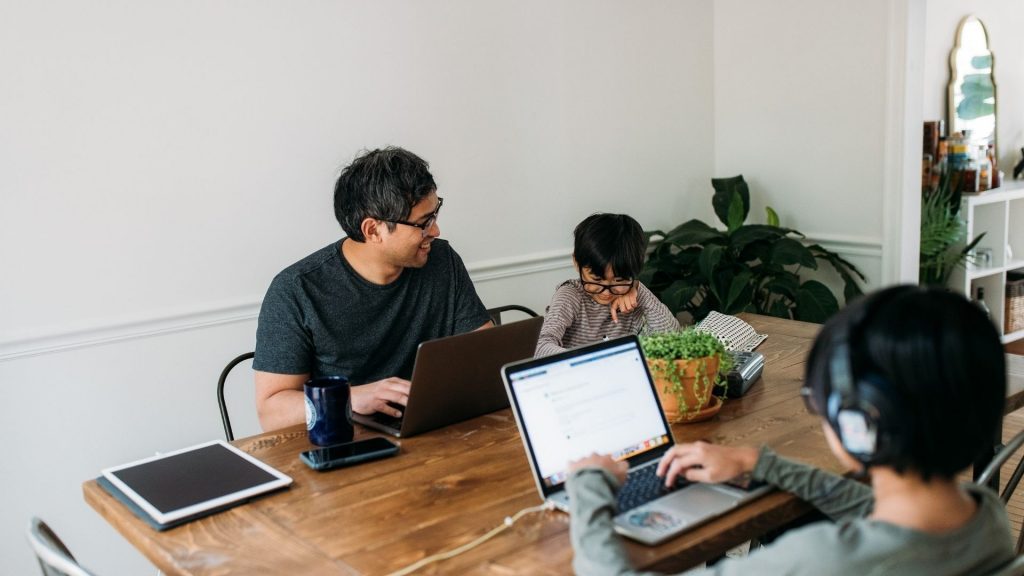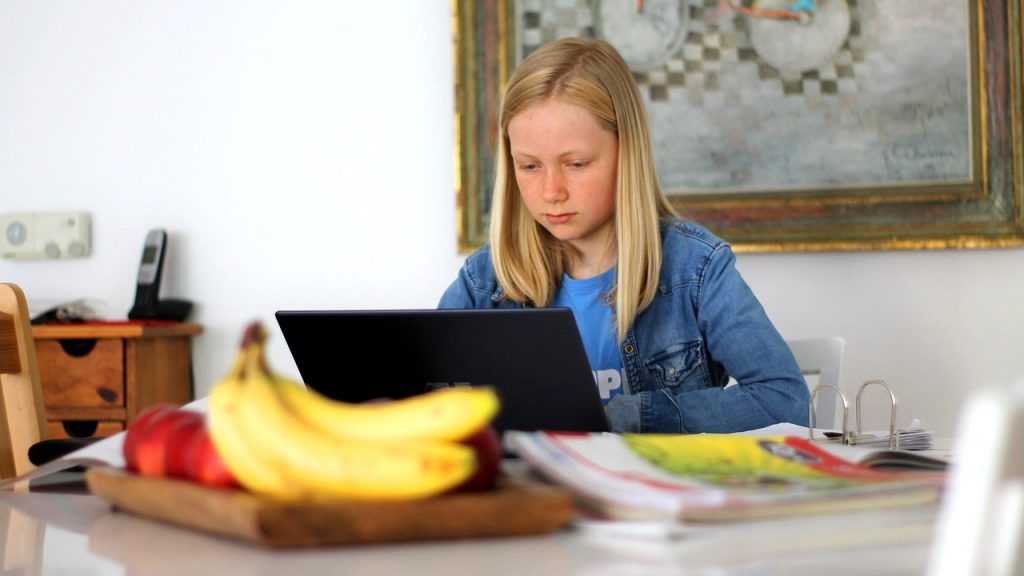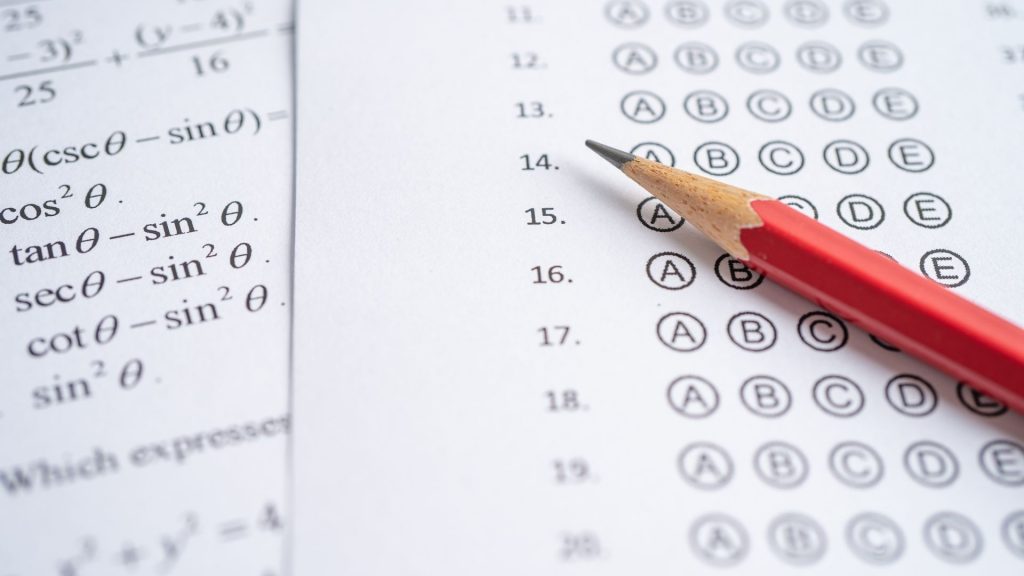One State May Pay Parents To Homeschool
One state is proposing legislation that would pay parents who wish to homeschool their young children in an effort to boost grades.

Homeschooling has been a rising point of education for many families over the last few decades. But with the onset of the COVID-19 pandemic, the number of students enrolled in homeschool programs drastically increased. Even after schools began to reopen, homeschool numbers remained higher than usual, pointing to a trend. Now, more states are looking to accommodate parents that wish to continue on alternative education routes, as one state hopes that giving money to parents that wish to homeschool will be a key driver in boosting reading literacy in young children.
Louisiana’s Republican Senator Sharon Hewitt championed a bill, SB 203, to propose a Reading Education Savings Account Program in the Pelican State. The funds would be allocated to a select group of students in the state for private school or homeschool options. Parents of second or third-grade students who don’t read at the grade-level standards would qualify.

If approved, the funds would be pulled directly out of the state’s public education budget. The state’s Department of Education estimated that the proposal would cost nearly $224,000 per year. As mentioned in the piece of legislation’s fiscal notes, the subsidy would match the dollar amount the state spends per student on public education each year. Louisiana uses the Minimum Foundation Plan (MFP) formula to figure out this funding. While the actual dollar amount can vary based on the district location, local tax revenues, and the number of low-income or special needs students, the generic count per student sits at $4,125. Therefore, this is what parents that wish to pull their children to private or homeschool would receive.
According to New Orleans City Bussiness, Hewitt spoke of her homeschool initiative to the Senate Education committee the other day before the panel 5-1 vote in favor of the legislation. “Not every child learns the same, and perhaps the child is in a school where the school is failing the child in terms of teaching them to read. (This bill) just gives parents and children more choices and more options,” she said. Speaking of the need for the program on the elementary level, Hewitt said, “If you’re not reading by third grade, you’re not going to be learning in the fourth grade and beyond, and those children are set up for a lifetime of challenges.” The state’s dismal grades further back the senator up.

In 2019, a plethora of Louisiana third graders were failing to meet academic standards. Based on LEAP test results, only 46% were on track to master English, and only 43% were on track to master math. During the 2020-2021 school year, the outlook for these standardized tests was even worse. Regardless, opposing Louisiana lawmakers fail to see how funding homeschool and private school initiatives will reverse this trend.
Two committee members that showed opposition to the bill delivered concerns that the legislation did nothing to combat the state’s dismal reading levels. Furthermore, the two concerned lawmakers, democrats Cleo Fields and Katrina Jackson, believe that allocating more money away from public education to go towards homeschool funds could make reading standards worse overall. Jackson stated that lawmakers should “take a historical perspective” in reference to how the state’s perpetual education budget cuts might correlate with the state’s failing standards.
According to City Business, nine other states across the nation have furnished congruent legislation giving parents more school choice on whether they wish to send their children to public, private, or even homeschool. And according to Erin Bendily, Louisiana’s vice president for policy and strategy, those programs stemmed academic growth over time. Whether or not the funding initiative will raise academics in the state is yet to be seen, but it will surely make those in favor of more school choice pleased.



